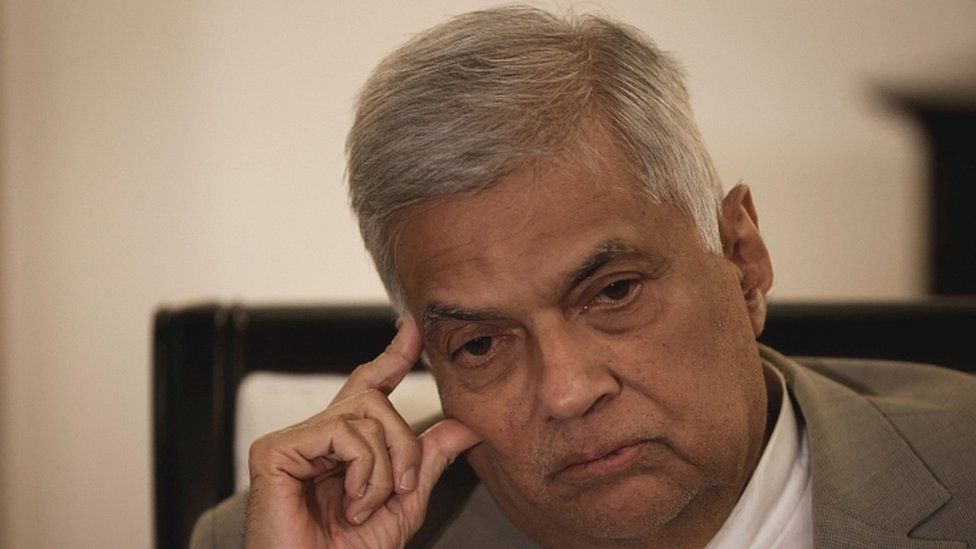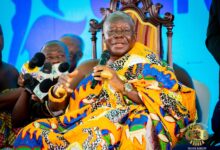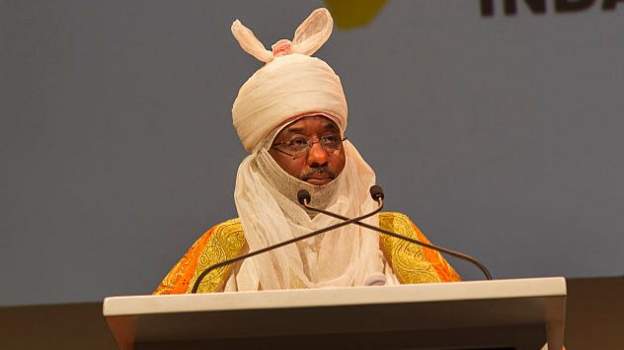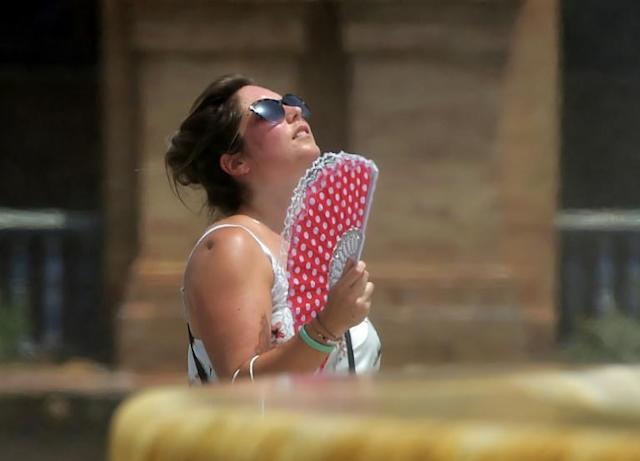Sri Lanka’s Prime Minister Becomes Interim President

Sri Lanka’s prime minister was sworn in as its interim president Friday until Parliament elects a successor to Gotabaya Rajapaksa, who resigned after mass protests over the country’s economic collapse forced him from office.
Lawmakers were to convene Saturday to choose a new leader who would serve out the remainder of Rajapaksa’s term, which ends in 2024. A tenuous calm was restored after protesters who had occupied government buildings retreated Thursday, but with the political opposition deeply fractured, a solution to Sri Lanka’s many woes seemed no closer.
As people celebrated in the streets, the parliamentary speaker, Mahinda Yapa Abeywardana, promised a swift and transparent political process that should be done within a week.
The new president could appoint a new prime minister, who would then have to be approved by Parliament. After Rajapaksa resigned, pressure on the prime minister, Ranil Wickremesinghe, was rising.
In a televised statement, Wickremesinghe said he would initiate steps to change the constitution to curb presidential powers and strengthen Parliament, restore law and order and take legal action against “insurgents.”
It was unclear who he was referring to, though he said true protesters would not have gotten involved in clashes near Parliament on Wednesday night, when many soldiers were reportedly injured.
“There is a big difference between protesters and insurgents. We will take legal action against insurgents,” he said.
Wickremesinghe became the acting president after Rajapaksa fled Sri Lanka on Wednesday, flying first to the Maldives and then to Singapore. The prime minister’s office said Wickremesinghe was sworn in Friday as interim president before Chief Justice Jayantha Jayasuriya.
Sri Lanka has run short of money to pay for imports of basic necessities such as food, fertiliser, medicine and fuel, to the despair of its 22 million people. Its rapid economic decline has been all the more shocking because, before this crisis, the economy had been expanding, with a growing, comfortable middle class.
Protest leader Jeewantha Peiris, a Catholic priest, said Sri Lankans had “come through a hard journey.”
“We are happy as a collective effort because this struggle of Sri Lanka was participated by all the citizens of Sri Lanka, even diaspora of Sri Lanka,” he said.
Protesters cooked and distributed milk rice — a food Sri Lankans enjoy to celebrate victories — after Rajapaksa’s resignation. At the main protest site in front of the president’s office in Colombo, people welcomed his resignation but insisted Wickremesinghe also should step aside.
“I am happy that Gotabaya has finally left. He should have resigned earlier, without causing much problems,” Velayuthan Pillai, 73, a retired bank employee, said as patriotic songs were blaring from loudspeakers.
But he added that “Ranil is a supporter of Gotabaya and other Rajapaksas. He was helping them. He also must go.”
Sri Lanka remains a powder keg, its economy in ruins. And the military warned Thursday that it had powers to respond in case of chaos — a message some found ominous.
Abeywardana, the speaker of Parliament, urged the public to “create a peaceful atmosphere in order to implement the proper Parliamentary democratic process and enable all members of Parliament to participate in the meetings and function freely and conscientiously.”
Sri Lanka is seeking help from the International Monetary Fund and other creditors, but its finances are so poor that even obtaining a bailout has proven difficult, Wickremesinghe recently said.
The protesters accuse Rajapaksa and his powerful political family of syphoning money from government coffers and of hastening the country’s collapse by mismanaging the economy. The family has denied the corruption allegations, but Rajapaksa acknowledged that some of his policies contributed to Sri Lanka’s meltdown.
Maduka Iroshan, 26, a university student and protester, said he was “thrilled” that Rajapaksa had quit, because he “ruined the dreams of the young generation.”
Months of protests reached a frenzied peak last weekend when demonstrators stormed the president’s home and office and Wickremesinghe’s official residence. On Wednesday, they seized his office.
Images of protesters inside the buildings — lounging on elegant sofas and beds, posing at officials’ desks and touring the opulent settings — captured the world’s attention.
Source: AP








